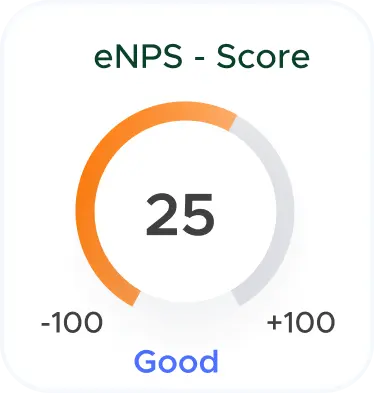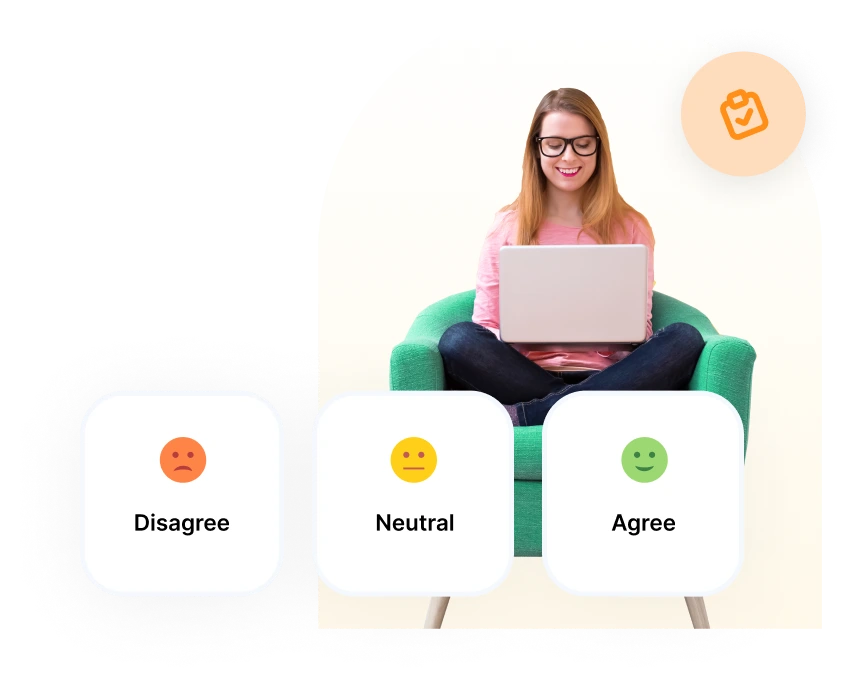✨ Jangan ketinggalan! Daftar untuk Webinar Penghargaan Pekerja kami yang dijadualkan pada 29 Februari. 🎖️
✨ Jangan ketinggalan! Daftar untuk Webinar Penghargaan Pekerja kami yang dijadualkan pada 29 Februari. 🎖️
Daftar sekarang
Terma Glosari Pengurusan Sumber Manusia dan Manfaat Pekerja
Knowledge management (KM) emerges as a strategic approach aimed at systematically identifying, capturing, storing, and sharing knowledge within an organization to enhance decision-making, foster innovation, and drive sustainable growth.
Knowledge Management (KM) is a multifaceted discipline focused on the systematic management of an organization's knowledge assets. It involves the identification, creation, capture, organization, storage, retrieval, and dissemination of knowledge resources, including explicit knowledge (documented information) and tacit knowledge (personal insights, experiences, and expertise).
By implementing effective knowledge management practices, organizations can harness their intellectual capital, enhance collaboration and knowledge sharing among employees, and leverage valuable insights to achieve strategic objectives and operational excellence.
A Knowledge Management System (KMS) is a technology-enabled platform or framework designed to facilitate the capture, storage, retrieval, and dissemination of knowledge within an organization. It encompasses a range of software tools, databases, intranets, collaboration platforms, and other digital solutions tailored to support knowledge management processes and workflows.
A knowledge manager is responsible for overseeing the development, implementation, and maintenance of knowledge management initiatives within an organization. Their duties may include:
Knowledge management software is a type of technology solution designed to facilitate the creation, organization, storage, retrieval, and sharing of knowledge assets within an organization. It provides a centralized platform for capturing, managing, and accessing information, expertise, and insights to support decision-making, collaboration, and innovation. Knowledge management software encompasses a variety of tools and features tailored to meet the specific needs of knowledge management initiatives, including:
Knowledge Management (KM) is vital for organizations because it:
A Knowledge Management System (KMS) plays a pivotal role in enhancing organizational efficiency, innovation, and decision-making by:

Ini ialah tinjauan ringkas yang boleh dihantar dengan kerap untuk menyemak pendapat pekerja anda tentang sesuatu isu dengan cepat. Tinjauan ini terdiri daripada kurang soalan (tidak lebih daripada 10) untuk mendapatkan maklumat dengan cepat. Ini boleh ditadbir secara berkala (bulanan / mingguan / suku tahunan).

Mengadakan mesyuarat berkala selama sejam untuk sembang tidak formal dengan setiap ahli pasukan adalah cara terbaik untuk memahami apa yang berlaku dengan mereka. Oleh kerana ia adalah perbualan yang selamat dan peribadi, ia membantu anda mendapatkan butiran yang lebih baik mengenai sesuatu isu.

eNPS (pekerja skor Net Promoter) adalah salah satu cara yang paling mudah tetapi berkesan untuk menilai pendapat pekerja anda terhadap syarikat anda. Ia termasuk satu soalan menarik yang mengukur kesetiaan. Contoh soalan eNPS termasuk: Bagaimana kemungkinan anda mengesyorkan syarikat kami kepada orang lain? Pekerja bertindak balas terhadap kaji selidik eNPS pada skala 1-10, di mana 10 menandakan mereka 'berkemungkinan besar' untuk mengesyorkan syarikat dan 1 menandakan mereka 'sangat tidak mungkin' untuk mengesyorkannya.
